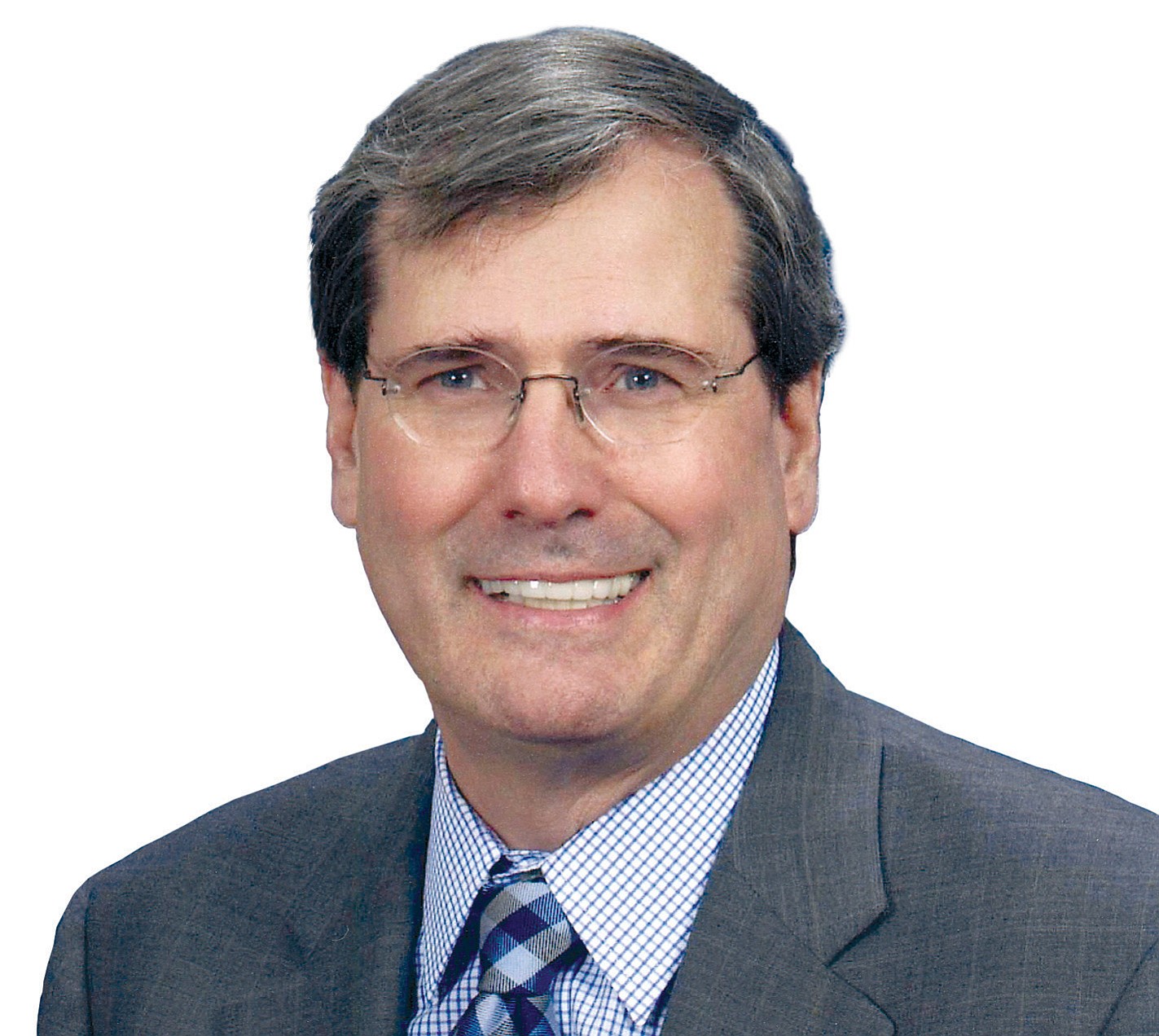Thank God for him, this preacher, this man of words, action, patriotism and nonviolence, this Christian who energized a movement, whose dream awakened a nation. I speak of Martin Luther King Jr. and ask that Americans do him the honor, please, please, of recognizing his accomplishment instead of pretending, as some do, that we haven’t come that far.
Yes, of course, there are still racial abuses of all kinds, but the biggest issues for minorities are different today, such very special black thinkers as Shelby Steele join in telling us. I am old enough to know what used to be. I was there as a child in a thoroughly segregated border-state town, Paducah, Ky., at a time when a major public park even had different drinking fountains for the races, as if there were a dread disease to be feared.
There was ugly viciousness, and though the talk I heard from my parents’ friends was mostly far from hateful, it was still denigrating, as if these were clearly inferior people, different from us, not really meant to mix much.
A prime exception to such talk was my mother. When I was 6 years old, she walked me to school through a black neighborhood and when I was astonished by the rundown houses, asking her why people lived like that, she answered with words I have never forgotten.



